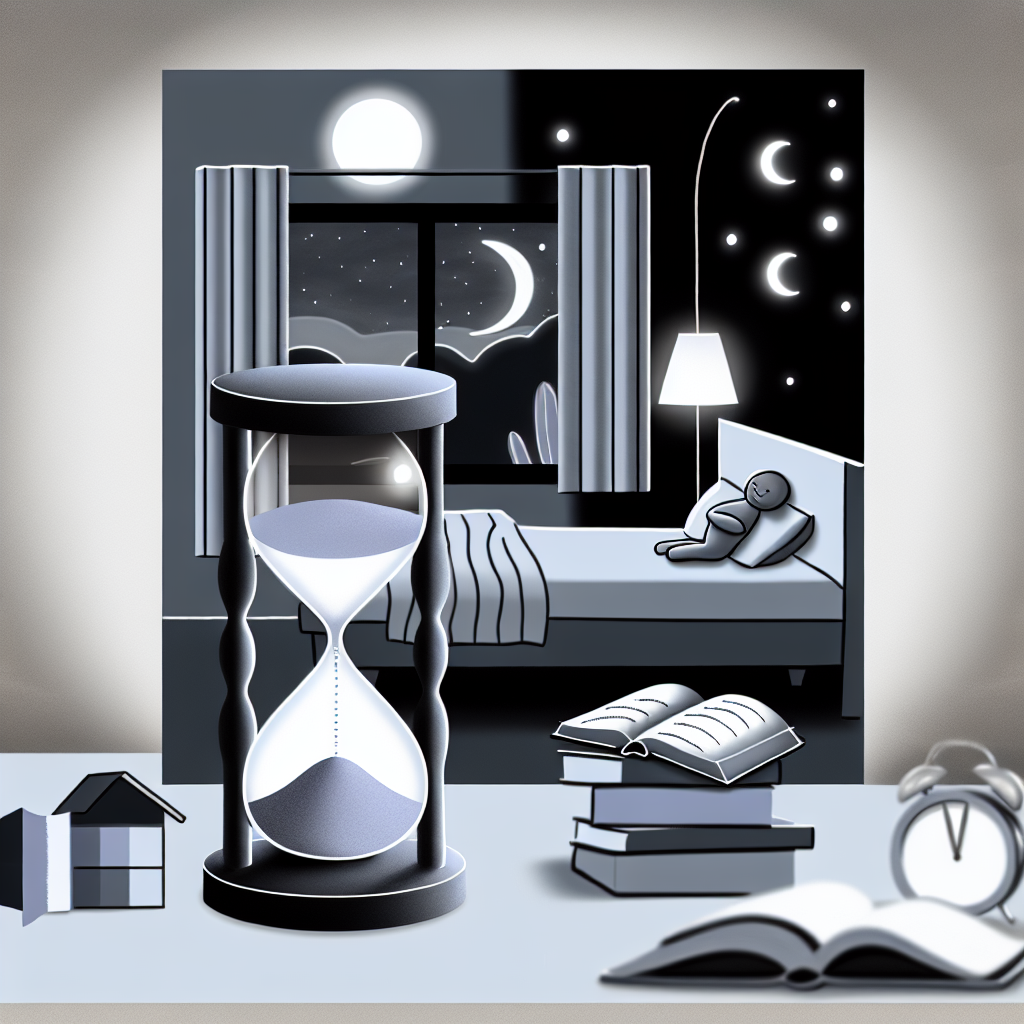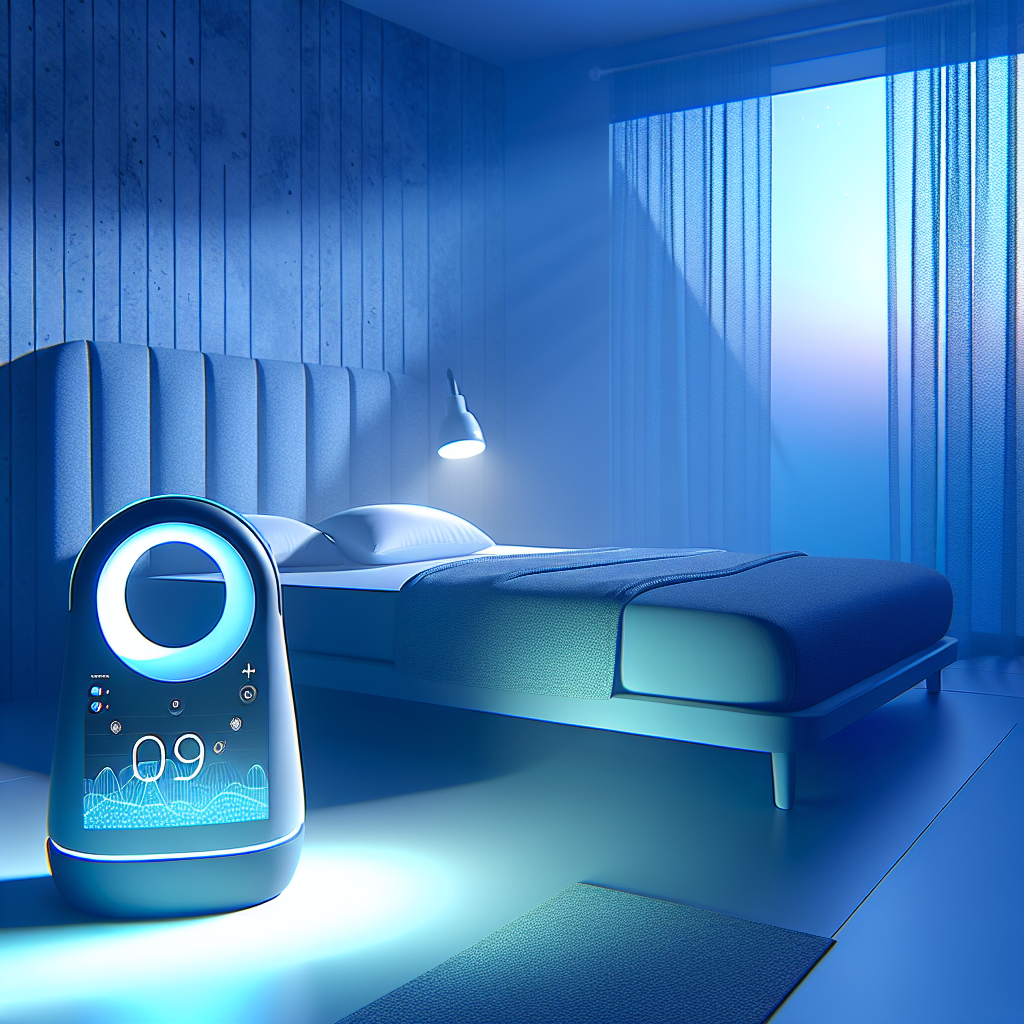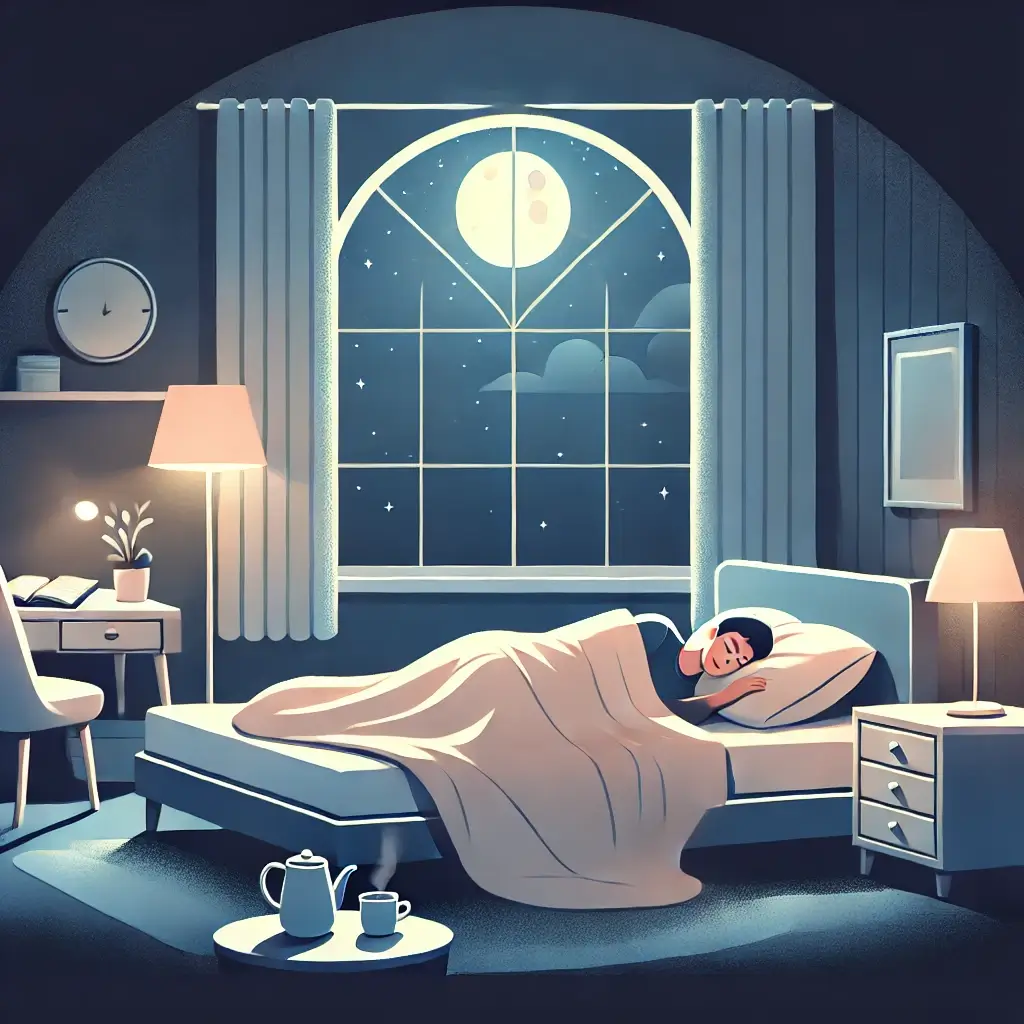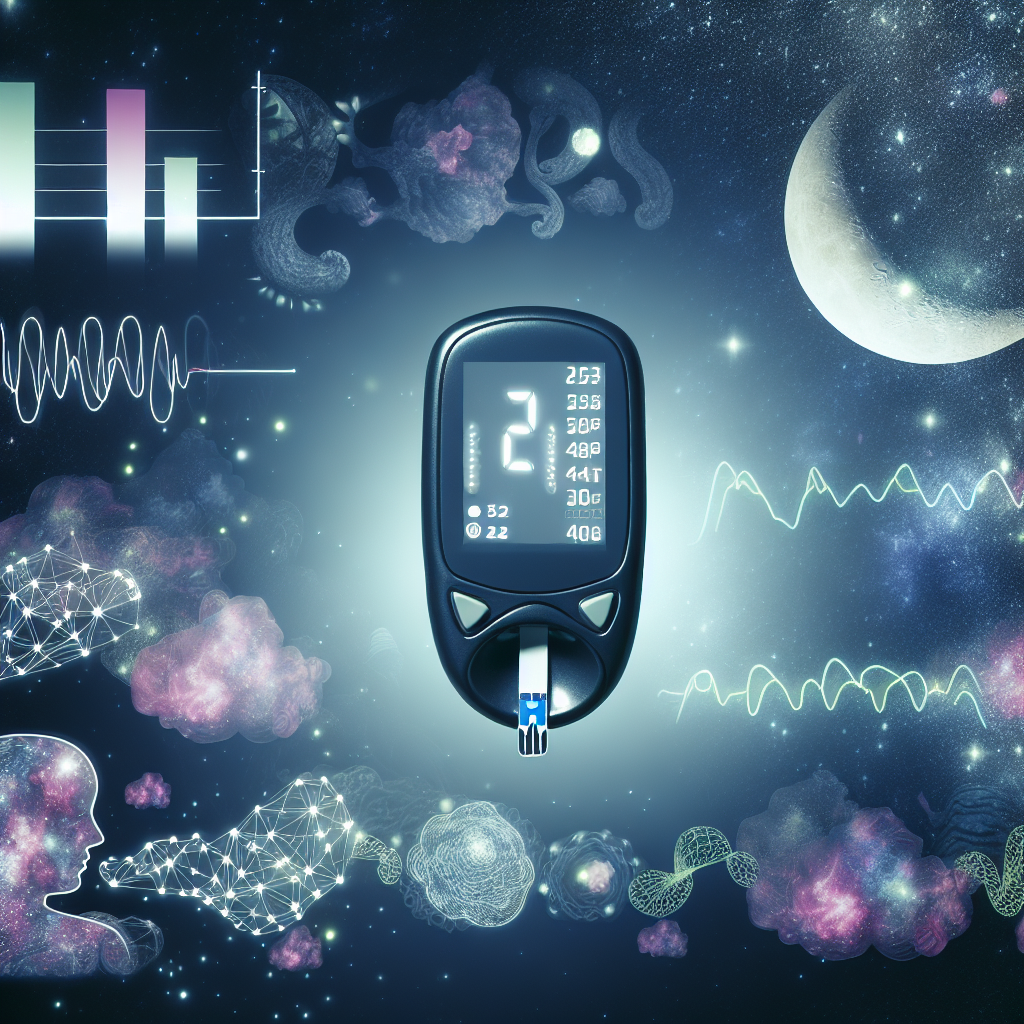Digital Detox Challenge – Reduce Blue Light for Natural Melatonin
Introduction
In our ever-connected digital age, **screens** have become an integral part of our lives. From the moment we wake up to when we close our eyes at night, we are surrounded by the glow of smartphones, laptops, TVs, and other digital devices. This constant exposure—especially to **blue light**—poses growing concerns about its impact on our **sleep health**.
Blue light is a high-energy visible (HEV) light emitted by electronic screens and LED lighting. Though present in natural sunlight, its artificial counterpart disrupts our body’s natural rhythms, especially during evening hours. The human body relies on **melatonin**, a hormone triggered by darkness, to maintain a healthy **circadian rhythm**—our internal sleep-wake cycle. Ideally, melatonin levels rise after sunset to prepare us for rest. However, artificial blue light essentially tricks our brain into thinking it’s still daytime, leading to the delayed release of melatonin, longer time to fall asleep, and poorer **sleep quality**.
The consequences are far-reaching. Inadequate sleep can impair memory, diminish productivity, increase mood disorders, and even weaken the immune system. Adults tend to rationalize reduced sleep as part of a busy lifestyle, but ongoing exposure to screens—especially at night—can contribute to chronic conditions such as insomnia or depression. Adolescents and children, more frequently exposed to screens through gaming, social media, or homework, suffer even greater developmental risks related to poor sleep.
Enter the **Digital Detox Challenge**—a health initiative advocating the reduction or elimination of screen time one to two hours before bedtime to naturally stimulate melatonin production and reset the circadian rhythm. This simple lifestyle tweak invites people of all ages to reconnect with their natural biology and experience more restful sleep—without relying on supplements or prescriptions.
The challenge isn’t about abandoning technology but redefining how and when we use it. From families crafting screen-free bedtime routines to professionals choosing physical books over e-readers, the Digital Detox Challenge offers a realistic, science-backed opportunity to reclaim sleep, energy, and overall well-being.
Let’s dive deeper into the science driving this movement and explore the powerful research that backs the blue light–melatonin connection.
Medical and Professional Studies Supporting the Blue Light and Melatonin Connection
Research has consistently shown that **blue light exposure** significantly affects the body’s production and secretion of **melatonin**, the natural sleep-regulating hormone. With screen use sharply rising, especially before bedtime, it’s crucial to understand how these habits interfere with our biological clocks.
A cornerstone investigation by Harvard researchers in 2014 found that individuals who read from **e-readers** before sleeping had significantly lower melatonin levels, delayed **circadian rhythms** by over an hour, and experienced greater **morning grogginess** compared to those who read printed books. The study concluded that even short-term evening usage of light-emitting screens can prolong sleep onset, reduce REM sleep, and degrade morning alertness. Read the study at Harvard Health.
The American Academy of Sleep Medicine (AASM) strongly advises reducing screen time before bed, especially for teenagers. Because adolescent brains are still developing, they’re more vulnerable to digital overexposure. The AASM urges turning off screens at least 30 to 60 minutes before bedtime to restore healthy **melatonin release** and sleep cycles. Learn more at the Sleep Foundation.
Further scientific validation comes from the Endocrine Society, which published findings in the Journal of Clinical Endocrinology & Metabolism showing that **blue light** exposure at night can suppress melatonin production by up to 85%. The suppressed hormone signal leads to difficulty falling asleep and reduced **sleep duration**. Even limited screen brightness from emails, news, or social media can disturb internal rhythms. Access the study via the Endocrine Society.
As this body of evidence grows, healthcare providers and therapists now officially include **reduced screen exposure** in cognitive behavioral therapy programs for **insomnia**. Interventions such as using **blue light-blocking glasses**, enabling **Night Shift modes**, or instituting a “digital sunset” routine are proving effective in improving sleep across all age groups.
Parents, in particular, are encouraged to create tech-free bedtime rituals for their children to enhance melatonin rhythms, leading to improvements in academic performance, mood, and even body weight regulation. As these studies suggest, eliminating blue light before bed is not just trend-following—it’s a valid method rooted in science for enhancing your physical and psychological well-being.
Conclusion
While technology is embedded in nearly every corner of daily life, we do have control over how and when we use it—especially in the hours before sleep. The **Digital Detox Challenge** encourages thoughtful reconnection with our natural biological cues by reducing **evening screen time**, thereby enhancing the body’s **natural melatonin** production.
Better sleep isn’t a luxury—it’s essential. For children, it fosters growth, academic success, and mental resilience. For adults, it boosts productivity, creativity, emotional regulation, and long-term health. And for seniors, it supports memory retention, slows aging processes, and strengthens the immune system. By simply cutting out screens one to two hours before bedtime, we can vastly improve **overall sleep quality** and reduce reliance on artificial sleep aids.
You don’t have to go “off grid” to participate. Small adjustments can yield noticeable improvements. Set a screen curfew. Turn on blue light filters. Try reading a printed book. Practice meditation or light yoga. Take a hot shower. All of these screenless bedtime routines create space for **melatonin** to do its job effectively.
Joining the **Digital Detox Challenge** is a commitment to reclaiming one of life’s most foundational elements—deep, healing sleep. Your body and brain will thank you for it every single morning.
References
– Harvard Health Publishing – Blue Light Has a Dark Side
– Sleep Foundation – Blue Light and Sleep
– Endocrine Society – Light at Night Suppresses Melatonin
– American Academy of Sleep Medicine – Delaying School Start Times Beneficial to Teens
For expert tips and more resources on digital wellness and sleep, visit Medoze.
Concise Summary
The Digital Detox Challenge promotes reducing blue light exposure—especially from screens—before bedtime to naturally restore melatonin production and improve sleep quality. Scientific studies confirm that evening screen use delays circadian rhythms and suppresses melatonin, disrupting rest. By limiting screen time one to two hours before bed using strategies like digital curfews, blue light filters, or screen-free routines, individuals can enjoy better sleep, enhanced energy, and overall wellness. Suitable for all ages, this simple lifestyle change supports mental clarity, emotional balance, and long-term health. Sleeping better can start with just one decision—taking a break from the screen.

Dominic E. is a passionate filmmaker navigating the exciting intersection of art and science. By day, he delves into the complexities of the human body as a full-time medical writer, meticulously translating intricate medical concepts into accessible and engaging narratives. By night, he explores the boundless realm of cinematic storytelling, crafting narratives that evoke emotion and challenge perspectives.
Film Student and Full-time Medical Writer for ContentVendor.com



